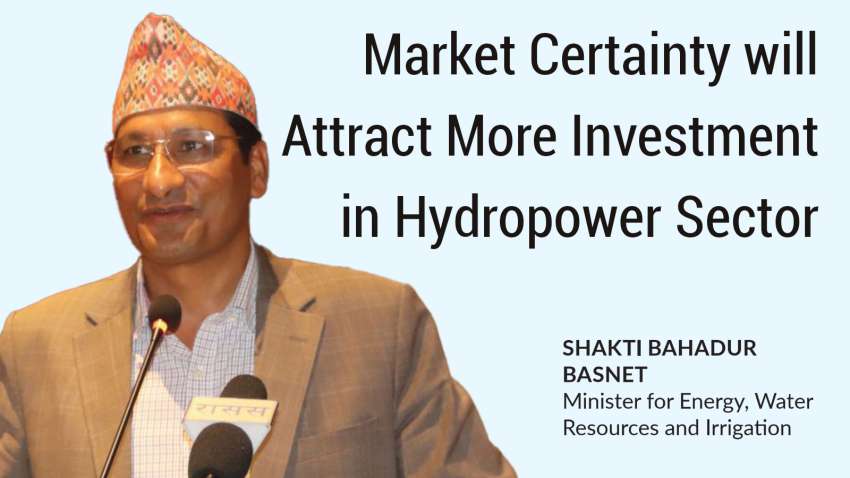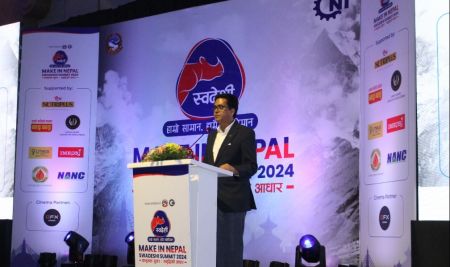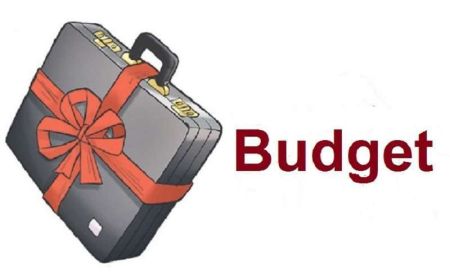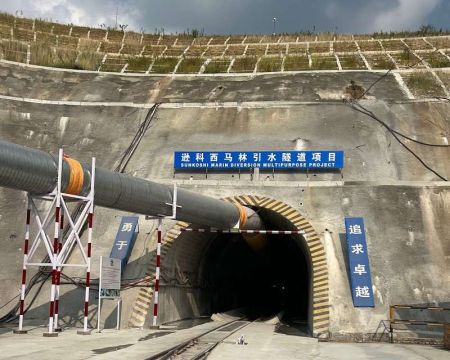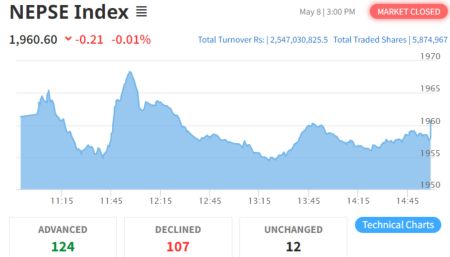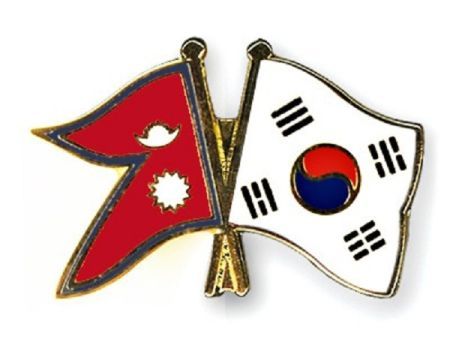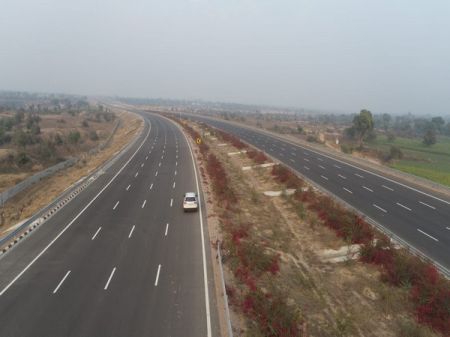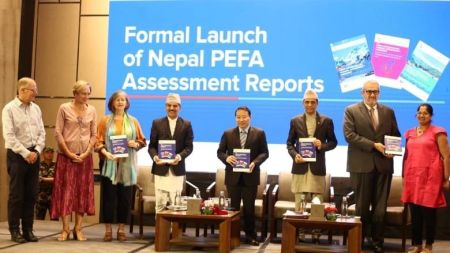What is the government doing toward expediting cross-border electricity trade?
Hydropower is not only a physical infrastructure sector for Nepal, but also an important economic sector. Recent electricity trade agreements with India and Bangladesh have laid the foundation for the qualitative development of Nepal's hydropower sector. This decade will be the decade of energy development for Nepal. This is both an opportunity and a challenge for us. We believe that challenges can be overcome by making proper use of opportunities. Therefore, our focus is on making the most of the available opportunities. Since power exports can make a significant contribution to the country's prosperity, the ministry has prepared a roadmap and an action plan for energy development to increase domestic consumption by making maximum use of energy resources and to get the potential returns of international electricity trade. Under this, we are also working to make the institutional, policy and legal arrangements, while also improving the domestic and international distribution system by building necessary transmission infrastructure.
India’s cabinet recently gave the go-ahead to the proposal to buy 10,000 MW of hydroelectricity from Nepal over the next one decade. How significant is this decision?
Nepal and India signed a preliminary agreement for electricity trade during the recent India visit of our Prime Minister. The agreement has since been approved by the Council of Ministers of both countries. The final agreement will be signed soon. The agreement is of great significance not only from the point of view of electricity trade, but also in terms of Nepal's energy development. Market certainty will attract more investment and help increase production. Therefore, this decision will have an important meaning in the development partnership between the two countries apart from the overall development of the hydropower sector in Nepal.
Nepal had proposed India to buy 1,200 MW but the Indian government has allowed only a little more than half of it so far, including 180 MW from September 7 this year. Why is India not buying all that Nepal wants to sell although everyone knows India needs power?
We are exporting 632 MW of electricity to India. However, we have been importing electricity from India during the dry season. This situation means there is a need to increase export volume. The upcoming long-term electricity agreement is poised to play a pivotal role in exporting electricity from Nepal. This development marks a significant milestone in our nation's progress towards a more robust and self-reliant energy sector.
Are you satisfied with the latest developments toward exporting electricity to Bangladesh?
We have seen the possibility of exporting electricity to other neighbouring countries besides India. A preliminary agreement has been reached on electricity trade with Bangladesh. Keeping in mind the need to use the Indian route for electricity trade in Bangladesh, efforts are also being made for a tri-nation electricity trade agreement and positive developments have been made in this regard as well. The 40 MW electricity export agreement with Bangladesh is only preliminary. Bangladesh itself has given special priority to import renewable energy from Nepal and Bhutan. While discussing electricity trade, we have also been paying special attention to increasing our internal electricity consumption capacity.
How cooperative is the Indian government in this regard?
As I said before, the trilateral (Nepal, India, Bangladesh) electricity trade agreement efforts are becoming fruitful and will soon reach a formal decision.
An agreement has been signed to sell 40 MW of electricity to Bangladesh. How long is it going to take for this to happen practically?
The commencement of this agreement marks the initial step towards exporting 40 MW of electricity to Bangladesh. In the near future, we anticipate a series of additional agreements and strategic decisions aimed at further increasing the export volume. To facilitate this, both bilateral and tripartite initiatives are actively being pursued, underscoring the dedication and collaborative effort invested in this endeavour. It is only a matter of time before this endeavour transforms into tangible and practical implementations, contributing significantly to the energy landscape of both nations.
There are two issues to be considered for electricity trade with Bangladesh. Since India's land has to be used for the trade, India's consent is also required. For this, the process of signing tripartite agreement is making significant progress. Transmission infrastructure connecting Nepal and Bangladesh is being arranged. Therefore, the aspect of possibility is becoming more important than other challenges for power trade with Bangladesh.


